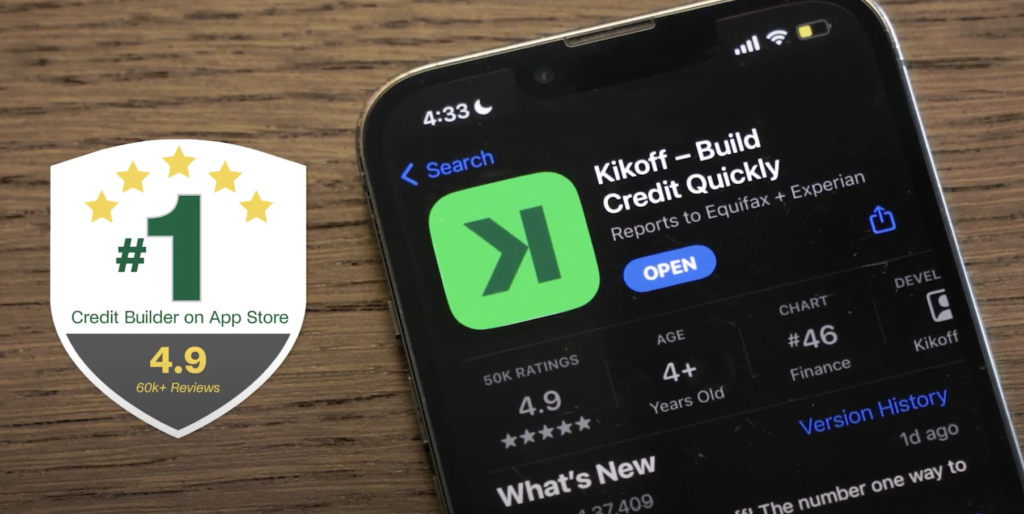We’re celebrating Black History Month. We’re striving to celebrate the Black community, while also drawing attention to ongoing marginalization and inequality.
Black Americans have been – and continue to be – underserved and discriminated against in banking. Black-owned banks, in turn, fight these systemic injustices while providing their customers with needed access to financial services.
This is why we need Black-owned banks, and how you can support them.
Centuries of overt and institutionalized racism have created a wealth gap.
A 2019 study found that the net worth of a white family was $188,200, while a Black family’s was only $24,100. In 2020, the Federal Reserve found that white families – which make up 60% of the US population – held 84% of all weath. Black families – which make up 13.4% of the US population – held 4% of all wealth.
There are also stark disparities in banking. 14% of white families are unbanked or underbanked, compared to 46% of Black families. It’s expensive to be unbanked. Alternative financial services, like check cashers or payday lending, charge significantly higher fees and interest rates than banks.
Without a bank account, it’s also difficult to create credit history. And without credit, many don’t have access to reasonable terms on borrowing. In a country where over half of us are living paycheck to paycheck, this makes unexpected expenses particularly risky. No credit also bars access to wealth-building – like taking out mortgages or loans to grow businesses.
The wealth and banking gap can be traced back to centuries of policy that have oppressed Black Americans – slavery, the Jim Crow South, mass incarceration, and institutionalized racism within access to education, housing, healthcare, and jobs.
Traditional banks have routinely failed Black Americans, so it’s unsurprising that there’s high distrust. The Freedman’s Saving Bank was founded to provide financial services for former slaves. In 1874, fraud and mismanagement left 61,144 depositors with almost $3 million in losses. The CFPB has recently fined several banks for redlining – denying Black Americans loans or overcharging them on the basis of race.
Wealth is power. Black-owned banks economically empower their communities.
The first Black-owned bank was founded in 1888, after the Freedman’s Saving Bank failed. Through the Jim Crow era and Civil Rights Movement, these banks served their communities that were discriminated against in the mainstream financial system.
They’ve also been a force of activism. In Memphis, Martin Luther King Jr. called for Americans to move their money away downtown banks and into the Black-owned Tri-State Bank. When two Black men, Alton Sterling and Philando Castile, were murdered by police in 2016, rapper Killer Mike started the #BankBlack movement. Black-owned banks, he said, would give out business and home loans to the communities they serve – and help build wealth.
According to Martin Gruenberg from the FDIC, 67% of mortgages at Black-owned banks go to Black people. Fewer than 1% of mortgages at non-Black-owned banks go to Black people.
“The cities we serve are black and brown, and on the income side, many are people who are struggling,” said OneUnited Bank President Teri Williams, in an interview with USAToday. “We have people in their 50s and 60s who tell us they’ve never set foot in a bank. They didn’t feel welcome. They didn’t feel banking was for them.”
Black-owned banks continue to provide safe and affordable access to accounts and loans. OneUnited, for instance, offers second-chance checking to customers who have been denied an account. Opening a deposit account only costs $10. They also provide education for those buying their first homes.
Most Black-owned banks are also Community Development Financial Institutions, which means that they invest their money back into low and moderate-income communities.
This is how to support Black-owned banks.
Move your money to a Black-owned bank. Consider opening an account there, or taking out a loan. Here’s a list of 20 Black-owned banks in the US:
- Alamerica Bank
- Carver Federal Savings Bank
- City First Bank of DC
- Industrial Bank
- Liberty Bank and Trust Company
- Tri-State Bank of Memphis
- Citizens Trust Bank
- Citizens Savings Bank and Trust Company
- Columbia Savings and Loan Association
- GN Bank
- Harbor Bank of Maryland
- Carver State Bank
- First Security Bank and Trust Company
- OneUnited Bank
- United Bank of Philadelphia
- Optus Bank
- First Independence Bank
- Commonwealth National Bank
- Unity National Bank of Houston
- Mechanics & Farmers Bank
Black-owned banks haven’t had the same support from the government or big business as traditional big banks. As a result, they have less resources and less means to serve their communities.
Supporting Black-owned banks is an immediate way to show solidarity with Black communities.

















